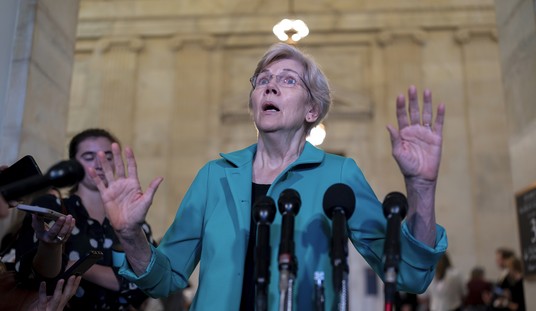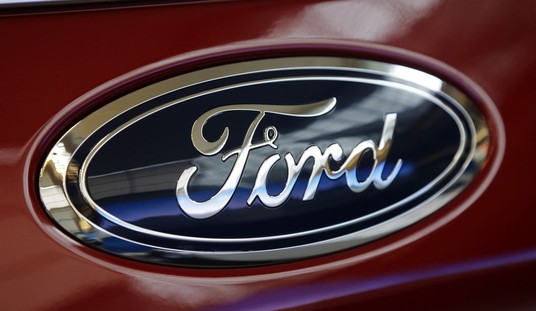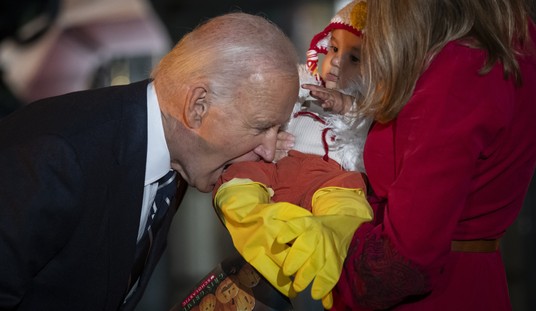Occasionally, I will hear someone say that the amount of attention paid to Iowa and New Hampshire in the nominating process is ridiculous. However, on the Republican side of things, it turns out there is a good reason for that. Since the institution of the modern primary system (and even before), no Republican has won the nomination without winning one or the other of the early contests. Observe the chart below:
A couple of observations are in order here. First, disparaging comments by Jon Huntsman aside, New Hampshire does not have a remarkably better record of picking Presidents than Iowa. New Hampshire and Iowa have disagreed on a total of five contests – in those, the candidate who won New Hampshire went on to win the nomination 3 times, the candidate who won Iowa went on to win twice. This is hardly a clear signal that Iowa can be disregarded in favor of New Hampshire in all cases.
Second, South Carolina’s role in picking the nominee is at least largely due to the fact that the race has usually been all but decided by the time New Hampshire is over. Remember that South Carolina was not moved up to “third place” until 1988. It is believed by many that Atwater bumped SC up because it was thought to be friendly to Bush who was facing possible embarrassment – not necessarily of defeat, but of at least a long, difficult slog – against an insurgent Dole campaign (stop and relish the absurdity of that statement for a moment) and a stronger-than-expected showing from Pat Robertson. Since that election, there have only been three seriously contested Republican primaries – the fact that South Carolina has been the deciding factor in these elections is likely only symbolic of the fact that unlike Democrats, Republican primary voters tend to prefer settling down much earlier in a campaign and avoiding the long, drawn out debacles for which the Democrats are famous. If you look at this list, not only are there no nominees that come from outside the IA/NH column, but there are very few candidates who have even survived (in any meaningful sense) to Super Tuesday outside the IA/NH winner columns. Conclusion: Republican primary voters like to settle things early in the process.
It seems like every election cycle people tend to believe that some candidate can win the Republican nomination while breaking the mold and waiting until South Carolina (or later) to claim their first victory. Evidence suggests that this is highly unlikely to be successful. Certainly I wouldn’t rule out such a thing ever happening, but I’d lay long odds against it happening any time soon. Which, you would have to assume, is bad news for anyone in the current GOP field not named Mitt Romney.
All that having been said, I don’t absolutely hate the process like a lot of people do. The procession of IA, NH, and SC means that the first two contests are in small swing states in geographically diverse areas, which at least theoretically tests the candidates’ ability to win in states that will be important in November, and also allows candidates with smaller war chests to be competitive. Then SC speaks as a solid Republican state. The inclusion of MI, NV, and FL in the early rounds then tests the ability of any insurgent campaigns that might have captured IA or NH to fundraise and organize in larger and more expensive states, followed ultimately by Super Tuesday, which functions as a quasi-general. I could think of worse ways to do things. Certainly if folks are displeased with the involvement of the “establishment” in primaries, a national single-day primary would be the absolute worst idea possible, as only the wealthiest and most well-connected campaigns could even conceivably compete in such an environment.
I suppose that ideally, the first two states might rotate around somewhat, while still keeping with the premise of starting with smaller swing states and trying to vary geographical location. This way certain idiosyncrasies wouldn’t keep popping up – for instance, the strong disadvantage faced by opponents of ethanol pork in the current field. But ultimately there aren’t that many variations that make as much sense (although you could imagine perhaps NV/WV, NM/IN as possible choices). While these sorts of small tweaks might be desirable, I’ve yet to see a compelling case for throwing the entire system out wholesale.














Join the conversation as a VIP Member